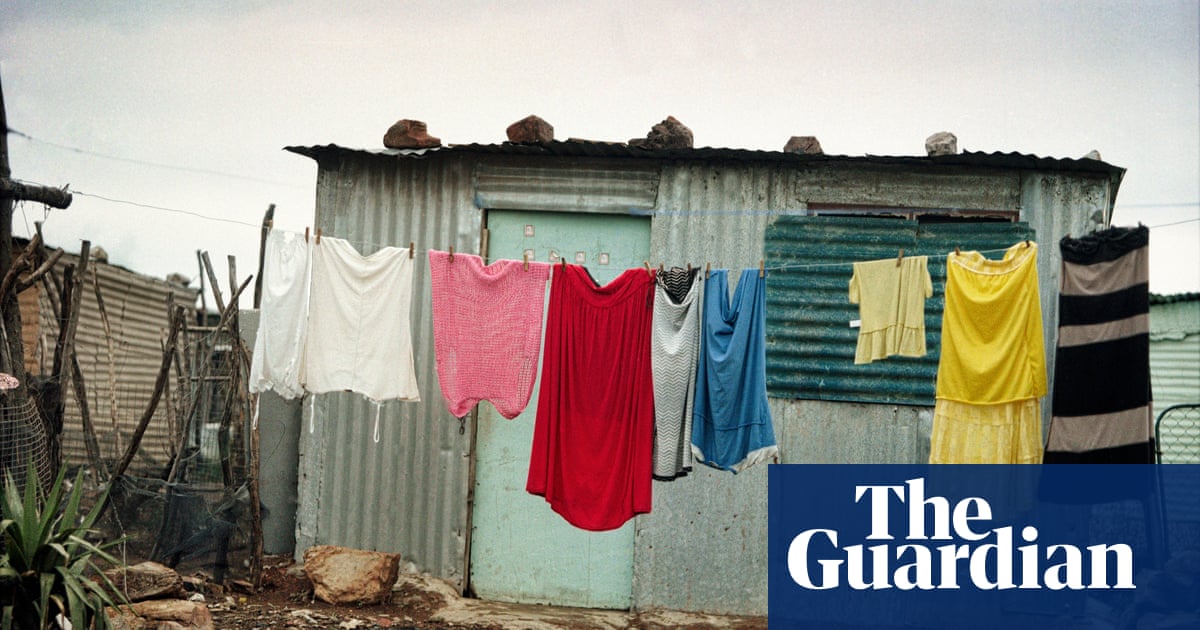Almost two decades after the last Labour government announced a zero carbon homes standard, and with the breaking of temperature records around the world now so normal as to seem routine, it ought to be uncontroversial that new buildings should be as environmentally friendly as possible. Given everything we know about global heating, and the law obliging the UK to reach net zero by 2050, it is disturbing that even the basics of promoting energy security and efficiency continue to be questioned.
But that is the situation Britain faces, as the government lays the ground for a housebuilding spree that it hopes will last for the rest of this parliament (as planning is devolved, the target of 1.5m new homes is for England only). Much of the blame for this discouraging state of affairs lies with the Tories, who delayed progress towards sustainability by scrapping environmental rules, leading to a disgraceful proliferation of new developments where the houses do not even have solar panels on the roofs.
Ministers have confirmed that solar panels are likely to feature in their future homes standard for England. But questions remain about how prescriptive the new rules will be. Construction firms must be obliged to install enough panels to meet a home’s energy needs to ensure that they do so. Battery storage should also be included, as this reduces dependence on the grid. High insulation standards would help to reduce energy demand and keep bills down.
However, it is the government’s policy on domestic heating that is arguably the area of greatest concern. Important though it is, ramping up renewable power can only ever be one side of the green energy story. Fossil fuels must also be phased out. But the recent abandonment of green pledges, including a proposed ban on wood-burning stoves in new homes, coupled with the cavalier approach to nature taken in the planning bill, has left campaigners worried that on heating, too, ministers will cave in to housebuilders’ demands by allowing them to fit gas boilers.
This would be as economically shortsighted as it is environmentally destructive. Other European countries are already miles ahead of the UK on installations, and heat pump manufacture has the potential to be an important source of green jobs. Labour has already abandoned a policy of phasing out gas boilers by 2035, despite the Climate Change Committee – which advises the government – having strongly criticised the refusal to move decisively away from gas heating. Heat pumps in new houses should be seen as a bare minimum. Industry would adapt more readily, bringing prices down, if the government sent clearer messages.
The danger, as with the planning reforms that set the scene, is that builders call the shots. This highly concentrated industry was a crucial source of donations to the Tory party and remains very powerful, since ministers have no other means of delivering their pledges.
But while construction firms want to keep costs low and maximise profits, these ought not to be MPs’ priorities. Retrofitting heat pumps and insulation costs far more than installing them in the first place. Rare habitats such as chalk streams cannot simply be moved or replaced. Elected politicians must insist on this longer-term perspective. Building new homes is important, but nature and the UK’s climate goals must not be demolished in the process.
Do you have an opinion on the issues raised in this article? If you would like to submit a response of up to 300 words by email to be considered for publication in our letters section, please click here.

.png) 5 hours ago
2
5 hours ago
2

















































